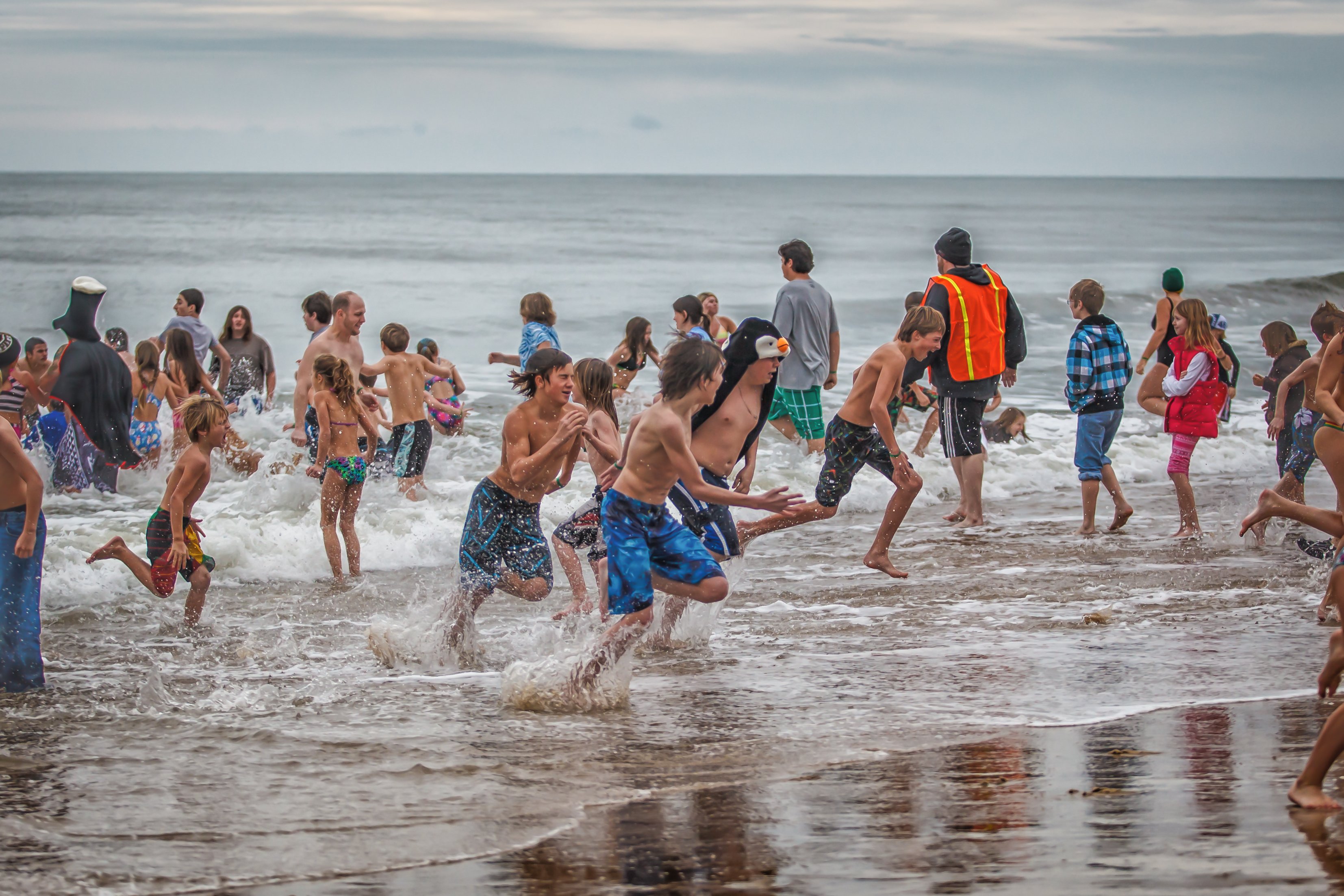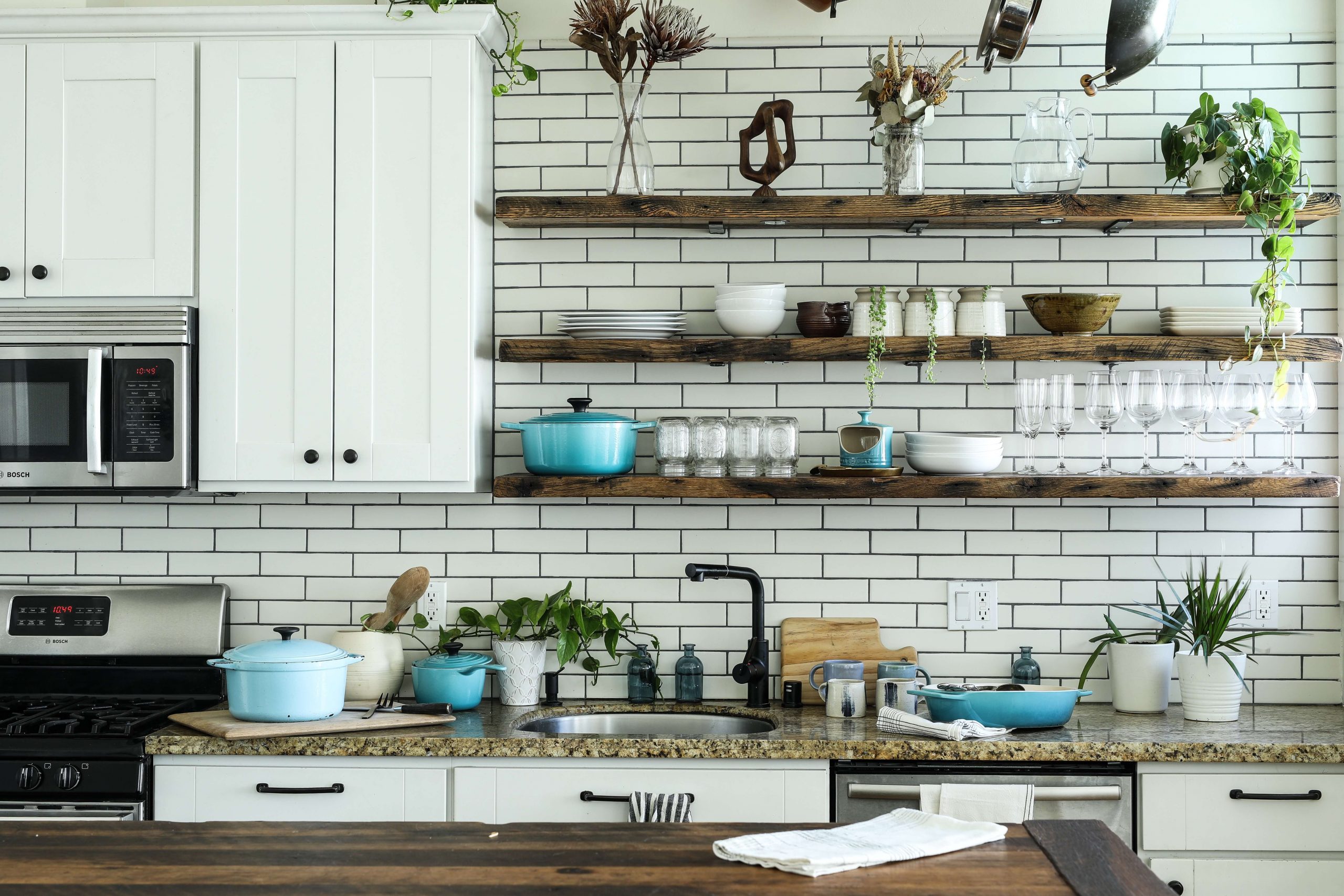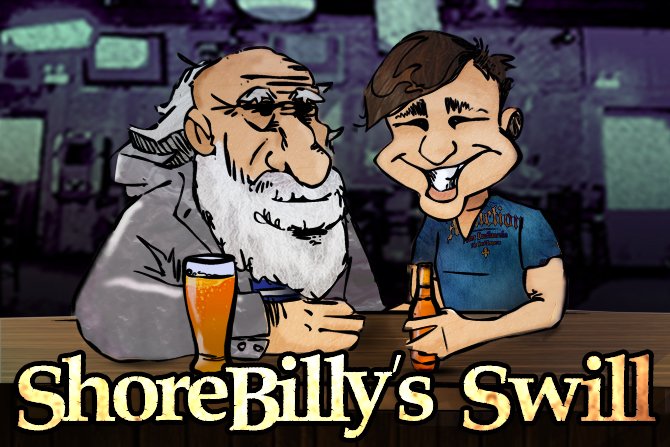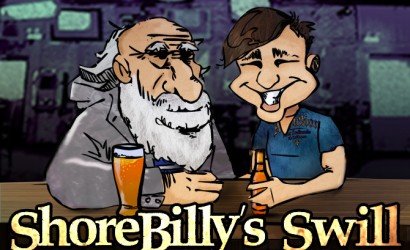I’ve seen and heard a lot of things from behind the bar. Some of them silly enough, or poignant enough to garner a couple of key words in that notebook I carry with me at all times. Some of these things may even act as public service announcements, providing you with advice on ways you should and should not behave in a bar, or while interacting with a stranger. The lessons don’t necessarily have to be limited to bar behavior, but can be parlayed into every aspect of everyday life. There are pages and pages in that notebook; all those little observations over the years may just amount to true words of wisdom. I hope you enjoy.
One of the main things I preach to my children on a daily basis is this: “say it first in your head. If it still sounds acceptable and like it won’t hurt anyone’s feelings, then you may let it leave your mouth.” (I said I preach it, I never said I practice it, so back off.) For the most part they’ve been pretty receptive. Routinely, I find myself thinking in the bar that if everyone abided by this rule it would exponentially limit the quantity of dumb things people say. This would prompt more stimulating and insightful conversations with minimal animosity. The downside is that my pool of things to write about would dry up pretty quickly.
I’ll now give a brief hypothetical scenario to illustrate where the “say it first in your head” rule would come in handy…
You’ve misplaced your keys and are frantically searching everywhere for them. You ask everyone you encounter if they’ve seen them or can assist you in finding them. Someone says to you, “where did you have them last?” (Example #1). This could go on for days, but ultimately you find them. Then, there is inevitably that one person who says to you, “yeah, it’s always the last place you look.” (Example #2). Really?!
I guess this was not really a hypothetical, since everyone who just read that paragraph has at some point been involved in the exact conversation on one side or the other. Has anyone besides me ever hyper-analyzed that statement? It’s a perfect, glaring example of why the “say it first” rule is practical.
If you find yourself working in an industry where practically everyone you cater to either is, was, or will be about to be, consuming alcohol, this issue comes up a lot. Often, this rule should apply to the alarmingly high number of people who routinely state what is profoundly obvious.
One of my personal favorites is the person who approaches the bar and says, “Hey, it’s kind of dead in here.” Let’s break this one down, shall we? First, I absolutely positively, one hundred percent guarantee that if it is really slow in a bar, the person standing behind the bar is fully aware of the fact. I also guarantee that one of the last things in the world that person wants is it pointed out to them. If that is the first thing you say when you approach a bar before even saying hello, then you’ve pretty much established your relationship with that bartender. For the future, look around, process the information, and keep it to yourself. You’re so much less likely to hurt a complete stranger’s feelings.
Consider that there’s always that remote possibility that the person behind the bar to whom you’ve just made this statement may be desperately struggling to keep that smile you see on their face and serve you as professionally as they can. Maybe, hypothetically of course, they’re back there having an inner conflict trying to figure out how they are possibly going to feed a family of six while standing behind a “dead bar.”
Another fun new trend in bars is that guy who comes in, regardless of how busy you are, orders one drink at a time, hands you his credit card, and insists that you run it right away. He’ll do this several times in a night, never ordering more than one drink at a time, and completely mindless of how much time and effort he’s wasting for all parties involved, including other patrons who are waiting. Each round, he leaves you that .58 cent tip to round it up to the next dollar, but not quite reaching 10%. He refuses to start a check for fear of leaving his credit card in the hands of a lowly bartender.
Listen brother, I hate to shatter the mystique of the character you’ve created for yourself in your mind, but I assure you that no one on my side of the bar has any ill intent for your card other than collateral if you walk out. As tempting a bait as your cracked, haggard, barely legible NASCAR Discover card is, I think I can speak for all bartenders when I say your identity is safe from potential theft. When slinging drafts and shots over a four-deep bar on a Saturday night in peak season, the furthest thing from anyone’s mind is taking a break to do a bit of online shopping at your expense as you sip your cider. So have a little faith buddy, either start a check, or carry cash. These simple steps might get you one step closer to not having to both arrive at and leave the bar alone every night.
And there you have it, a couple more instructional observations from your friend behind the bar. Have a great time when you visit the beach and while in the bars. Just remind yourself from time to time that the person behind the bar who just smiled at you while handing you a drink is a human being. Thanks for playing along.
Until next week,
Syd Nichols








